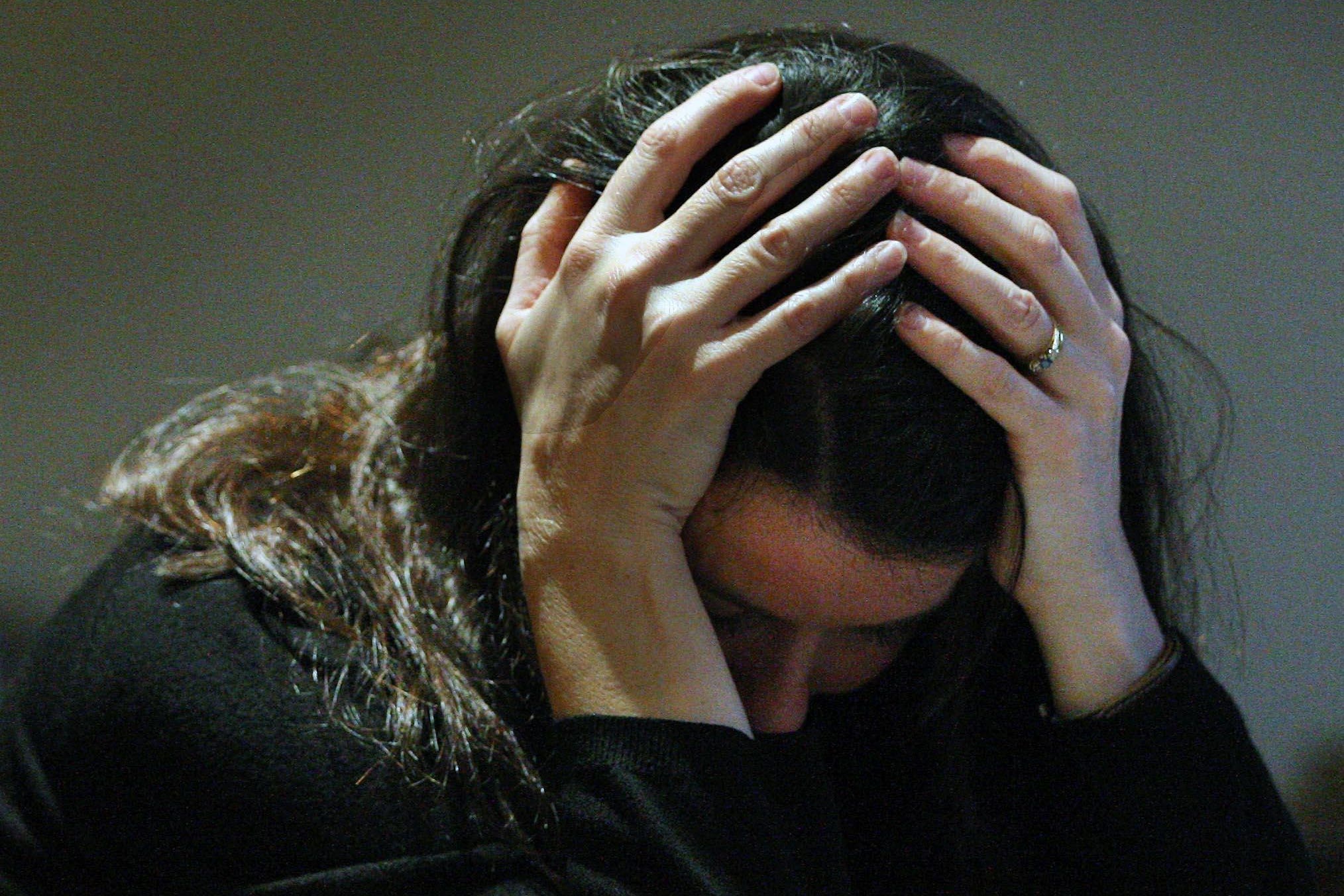Poor mental health cost society £300 billion in one year, new research claims
A report by the Resolution Foundation suggested people in their early 20s are more likely to be out of work due to ill-health than those in their early 40s

Poor mental health cost society £300 billion in 2022 – the equivalent of double the NHS budget, according to new research.
The figure covers economic costs such as sickness absence, human costs including reduced quality of life and wellbeing, and health costs such as care, the Centre for Mental Health said.
The NHS Confederation’s mental health network, which commissioned the centre to carry out the research for the year 2022, said it shows that a failure to invest in early mental health help is a “false economy” which is making the country poorer and “causing unspoken anguish” to those affected.
The report’s authors said the majority of costs stemming from mental ill-health fall on sufferers and their families – amounting to some £175 billion.
Of that, around £25 billion falls to the state, while there is approximately a £101 billion cost to businesses, including in lost earnings for people living with mental health difficulties and business losses due to poor mental health at work.
The researchers said their study incorporates for the first time some of the wider costs, including the impact of presenteeism – whereby someone experiencing mental health difficulties attends work but is less productive due to impaired cognitive function and emotional distress.
The report stated: “While it is impossible to fully assess the extent of the problem, and a pound sign is admittedly an imperfect proxy for some of the impacts, there is nevertheless value in estimating the economic cost of mental ill-health.
“It helps us to appreciate the significance of mental ill-health as an issue deserving of policy attention, investment and reform.”
The authors said higher investment in “cost-effective health and care interventions – such as community services, early intervention, and prevention – may reduce economic and human costs”.
Last month, a report by the Resolution Foundation suggested people in their early 20s are more likely to be out of work due to ill-health than those in their early 40s, and called for action on Britain’s mental health crisis.
That study found that the number of young people with poor mental health is rising, with 34% of those aged 18 to 24 reporting symptoms of mental disorder, such as depression, anxiety or bipolar disorder in 2021/22.
The study found that younger people with mental health problems can have their chances of a good education blighted and can end up out of work or going into low-paid jobs.
On the latest report, Centre for Mental Health chief executive Andy Bell said: “A pound sign can never fully reflect the suffering caused by mental ill-health. But these figures signal an urgent need for the Government, and all political parties at the next election, to prioritise the public’s mental health.
“This is like a pandemic happening every year. Inaction is not an option. A comprehensive, long-term cross-government plan is needed to reduce these costs and build a mentally healthier nation.”
The NHS Confederation’s mental health network chief executive, Sean Duggan, said: “This detailed financial analysis lays bare the cost of mental ill-health to the nation.
“With the overall cost double the cost of the NHS’s entire annual budget, this simply cannot be ignored by policy-makers. The false economy of failing to invest in mental health is making the country poorer and causing unspoken anguish to so many people and their loved ones. It is vital that we now invest in effective interventions that bring us closer to a mentally healthier nation for all.”
Centre for Mental Health ambassador and vice chairwoman of the mental health network Marsha McAdam said: “Mental ill-health has had a lasting impact on my finances, my use of social care and my quality of life. Had I been able to access meaningful early intervention years ago, my life trajectory could have been so different.
“The Government has the power to reduce the impacts of mental ill-health on people like me. By properly investing in mental health support, they can ensure that everyone has the best chance of a mentally healthy life.”
Last week, Work and Pensions Secretary Mel Stride faced criticism over his remarks that there is “a real risk” that “the normal ups and downs of human life” are being labelled as medical conditions which then hold people back from working.
Join our commenting forum
Join thought-provoking conversations, follow other Independent readers and see their replies
Comments
Bookmark popover
Removed from bookmarks